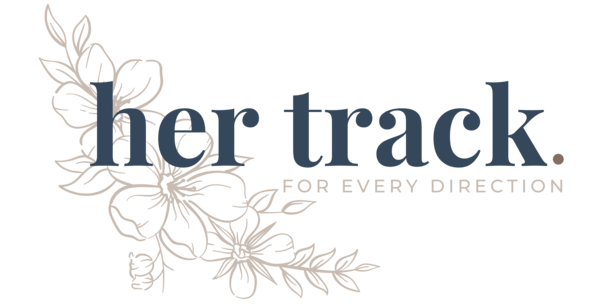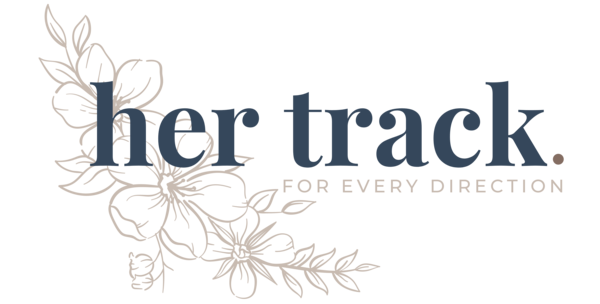Whether your 2018 career goals include finding a new job or finally getting that promotion, there’s one step that can help get you there.
A professional mentor can help you refine your career plans – and put your career on the fast track.
After several years in the professional world without a mentor, I now finally have one. Thanks to a women’s leadership program in my community, I was assigned a mentor in my field. We’ve met monthly over the past year and a half for lunch dates.
She has been an advocate, a cheerleader, and a friend when I’ve needed one. And now that I have a mentor, I just don’t know how I could have made it without one.
Here are 6 reasons why you need a professional mentor:
1. Gain perspective.
When I started a new job a year ago, I dealt with the growing pains of adjusting to a new work culture, boss, job responsibilities and industry. My mentor reminded me that it takes at least a year to settle into your role. These reassurances were just what I needed to find my confidence again.
2. Get encouragement.
Have you ever heard of impostor syndrome? It’s a psychological phenomenon that indicates a belief that you’re inadequate – despite evidence to the contrary. Studies suggest 70% of people experience impostor syndrome during their careers, reports Fast Company.
If you’re a perfectionist or a high-achiever, you’ve probably experienced self-defeating thoughts. After an especially rough work week, my mentor sent me a card telling me to keep being a rock star. I believed her, and I now have this card on stand-by.
A mentor can help you combat those negative thoughts and help you see your accomplishments for what they are: rock-star abilities.
3. Get real-time advice.
Whether you’re wondering about how to get that next promotion or how to best handle a cross-functional project, chances are your mentor has already been through a similar situation.
Have questions? Ask your mentor. He or she will give you real-time, real-life advice.
Build your network. It takes time to build a network, especially as you’re starting out in a career or particular career field. Now, with my mentor, I have access to all of her contacts.
That means if I have questions about a company or another industry, he or she is apt to know something. A mentor expands your network, an asset no matter the stage of your career.
4. Find a guide on your professional track.
Career planning can seem impossible when you’re just trying to make it through until Friday. Seeing someone in my field five-plus years down the line has helped me envision what my career might look like – and some of the challenges that I might encounter in a similar role.
Hearing about my mentor’s own challenges has reminded me that professional challenges (work-life balance, worries about job performance, etc.) don’t go away when you’re further along in your career. It has helped me to consider how I might start preparing for those future challenges now, or make sure I take advantage of professional learning opportunities.
5. Develop your emotional intelligence.
Having superb emotional intelligence – also known as EI, or EQ – is the business world’s equivalent to taking your daily vitamins. EI is the ingredient to success. If you have great EI, you’re more apt to make good decisions, interact better with others and manage your time.
According to PsychCentral, Emotional Intelligence (EQ) is the “ability to identify, use, understand and manage emotions in an effective and positive way.” To learn about how you can improve your EQ, check out career websites or books like Travis Bradberry’s “Emotional Intelligence 2.0.”
When my mentor and I first starting getting together, I framed our discussions with areas I wanted to work on, such as building my relational skills. Identifying specific areas you want to improve will help frame your time with your mentor and help you continue to grow in your career.
Convinced that you need a mentor? Finding your own is an exercise in networking. One of the best places to start is to ask a woman who is respected in your field. If no one comes to mind, ask your boss or other colleagues for recommendations, or check out local women’s leadership groups and LeanIn circles for ideas. Other industry-specific resources include TiE Global, which helps entrepreneurs find mentors, and MentorNet for those in STEM.
You can adjust your mentorship meetings to fit your interests and personalities. Whether it’s meeting over coffee or a glass of wine or checking out a local art exhibit or workout class, the main goal is to find time to visit and build your relationship.
With the right mentor, you’ll not only gain a trusted ally to help you advance in your career but also, with any luck, build a lasting friendship.
For more professional and career articles, check out the links below!
Lady Boss of the Month: Lauren McGoodwin on Founding Career Contessa
6 Ways We Can Actively Fight Female Stereotypes in the Workplace








